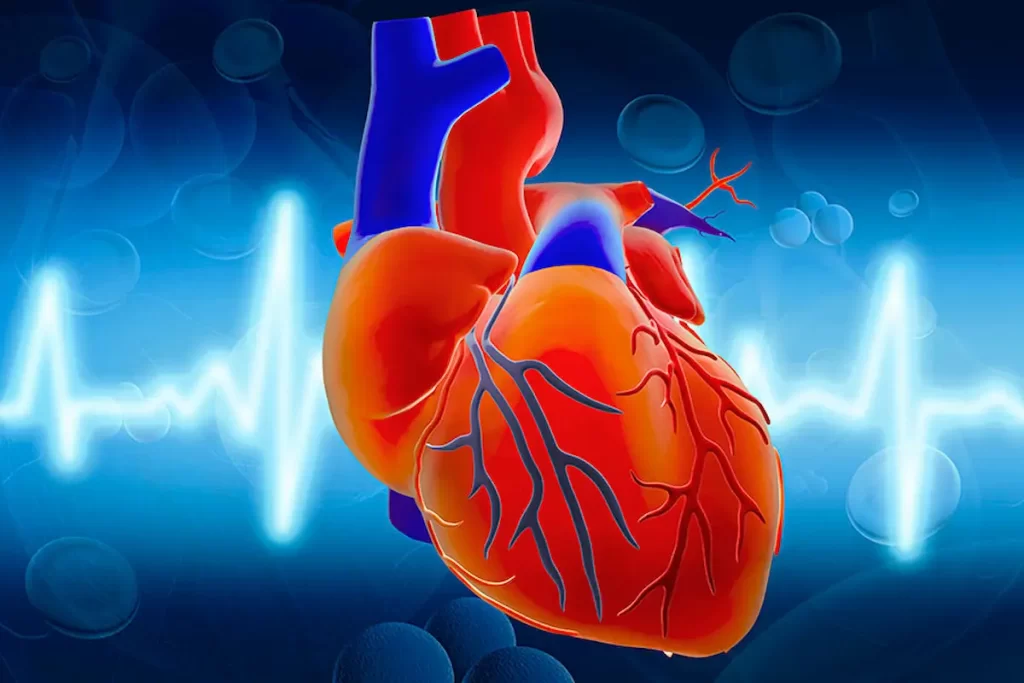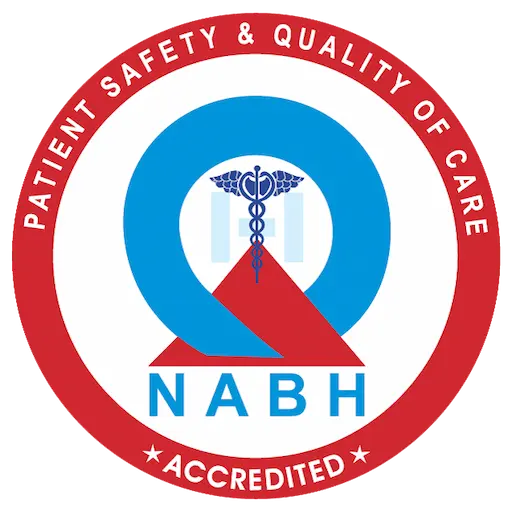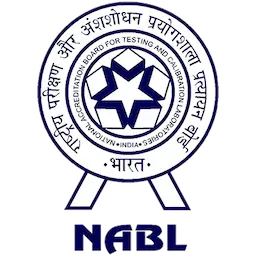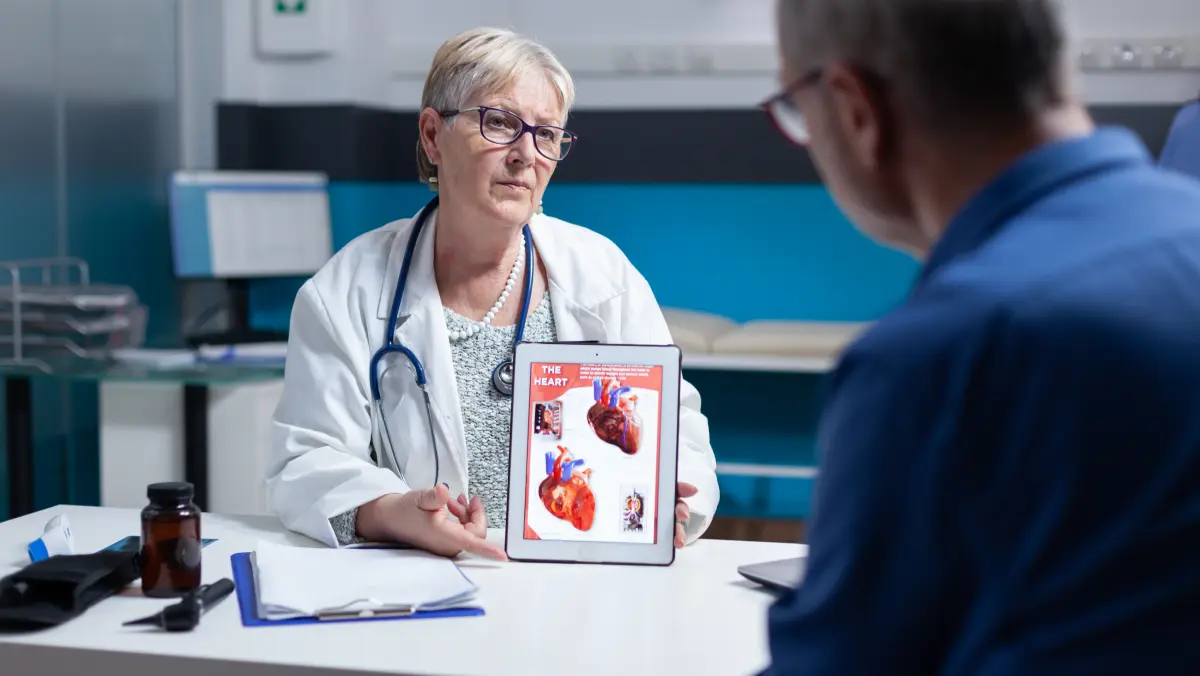What is Arrhythmia?
Arrhythmia is an irregular heartbeat. It is a condition that occurs with the rhythm or rate of the heartbeat which may be irregular (too slow or too fast). Heart arrhythmias are classified based on heart rate.
Some heart arrhythmias diagnosed in the unit of Electrophysiology in Chennai are considered to be harmless whereas others may cause bothersome and at times even life-threatening. A heart-healthy lifestyle may prevent heart damage that can trigger certain heart arrhythmias.
Symptoms of Arrhythmia
Heart arrhythmias may not cause any signs or symptoms but a doctor in the unit of Electrophysiology in Chennai may notice the irregular heartbeat while examining a patient for other heart disorders. Some of the signs and symptoms of Arrhythmias include:
- Angina – Chest pain
- Diaphoresis – Profuse sweating
- Dyspnoea – Breathlessness
- Dizziness
- Difficulties while exercising
- Fluttering in the chest
- Fatigue – Tiredness
- Light-headedness
- Palpitations
- Sudden weakness
- Shortness of breath
- Syncope – Fainting or nearly fainting
- Trouble concentrating
If a person experiences any of the symptoms, they can approach the doctor to get treatments based on medical conditions because the symptoms can vary from person to person and some patients may experience more than one symptom together.

Electrophysiology Procedures
We at Frontier Lifeline Hospital provide the best cardiac procedures in the unit of Electrophysiology in Chennai along with the range of non-surgical cardiovascular treatments to ensure that the patients get the best outcome from the sophisticated treatments.
Some of the specialized services provided for the arrhythmia patients at this unit of Electrophysiology in Chennai include:
Diagnostic Services
The diagnostic services aid in assessing arrhythmia or the heart rhythm disorders in the unit of Electrophysiology in Chennai. It includes:
- ECG
- Exercise ECG (T.M.T)
- 24 Hour Ambulatory ECG monitoring
Tertiary Care Services
Tertiary care services for patients who are affected with cardiac arrhythmias and for evaluation and programming of AICD/ Implanted Pacemakers in Chennai provide
Permanent Pacemaker
It is a small electronic device that is implanted below the collarbone and aids in monitoring and regulating the heartbeat automatically by transmitting electrical impulses to stimulate the heart when it beats too slowly. The frequency of a patient’s evaluation is determined by the cardiologist’s recommendations, age, and type of pacing device.
By identifying the heart problems, the pacemaker functioning is prolonged, anticipated, and planned for their replacements when appropriate. The Electrophysiology in Chennai can even identify changes in the heart rhythms which necessitates pacemaker programming.
Automatic Implantable Defibrillator (AICD)
It is a kind of very advanced Pacemaker that continuously monitors the heartbeat and delivers calibrated electrical shocks precisely to correct the arrhythmia and can also prevent sudden cardiac death.
The AICD usually consists of an oval-shaped generator with 2-3 leads along with a small computer to monitor the rhythm, detect arrhythmia and determine if the treatment is essential or not. It is also used for Electrophysiology in Chennai to deliver the shock through the leads. The leads are essentially wired and attached to the ICD on one end and the other is positioned in different locations within the heart chambers to monitor and maintain proper functioning.
Radiofrequency Ablation (RFA)
It is a procedure of Electrophysiology in Chennai to cure the abnormal heart rhythm to destroy the abnormal focus or pathway causing it. This is often performed as a part of the EP Study. An EP Study, aids to identify the abnormal pathway or focus. Special catheters which deliver radiofrequency energy get introduced percutaneously into the blood vessels and directed into the heart to the site of abnormal focus or pathway.
This non-surgical technique in Electrophysiology in Chennai is performed under local anaesthesia with mild sedation where patients can be discharged the very next day after overnight monitoring. There is about a 95-99% success rate of Catheter ablation for certain arrhythmias. After successful catheter ablation, medications may not be required because it treats the condition completely.



